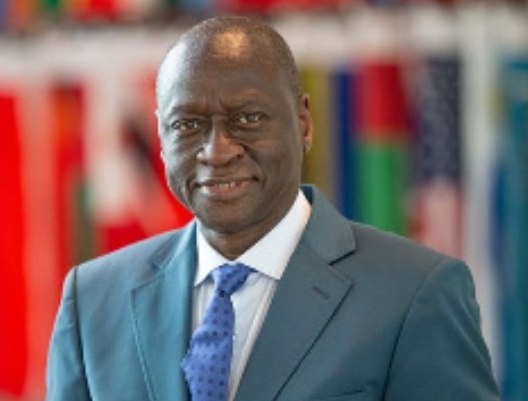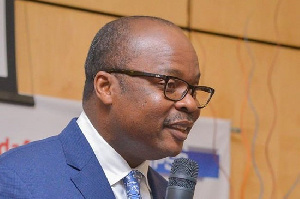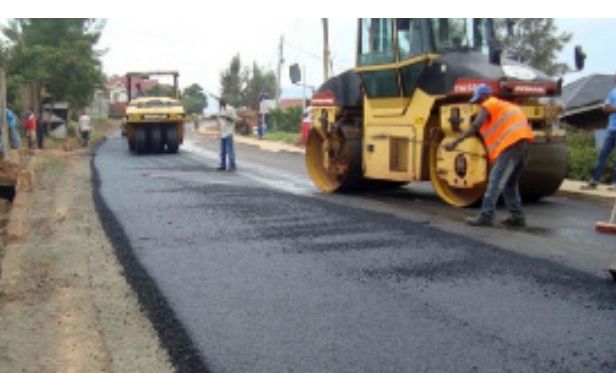World Bank representative to engage government on economy, COVID-19

Ousmane Diagana, the World Bank Regional Vice President for Western and Central Africa region, will on Monday, February 6 2022 be in Ghana for a three-day working visit.
Mr Diagana will pay a courtesy call on President Nana Addo Dankwa Akufo-Addo and hold a high-level discussion with key government officials on critical issues relating to the macro-economy, energy sector, COVID-19 pandemic, and vaccine rollout.
The Vice President, Dr. Mahamudu Bawumia and the Minister of Finance, Ken Ofori-Atta will be part of the engagement.
The visit, which is the first since his appointment in July 2020, will afford the Regional Vice President the opportunity to also monitor some World Bank funded projects, including the Ghana Tech Hub and Ghana Innovation Hub at the Accra Digital Centre.
The visit is taking place days after the World Bank Country Director, Mr Pierre Frank Laporte, indicated that the Country’s decision to seek financial support from a fellow Bretton Woods institution, International Monetary Fund (IMF) would not solve its economic challenges in the long term.
At a media engagement, he said the support of IMF would, however, help the Country renegotiate some of its debts, provide economic framework to shore up reserves and provide more loans.
The World Bank is an international financial institution that provides loans and grants to the governments of low- and middle-income countries for the purpose of pursuing capital projects.
It has been operational in Ghana since 1957 with active portfolios worth $2.9 billion (about $9 per person in the US) across 25 active projects.
Portfolios are spread across several sectors, with 18 percent in finance and competitiveness, Health, 13 percent in Nutrition & Population, 13 percent in social protection & jobs and 10 percent in urban resilience and land.
With debt to Gross Domestic Product ratio set at 78.4 percent as of November 2021, the government has announced some expenditure cut measures while working to introduce an electronic transaction levy to shore up revenue and improve its debt situation.





